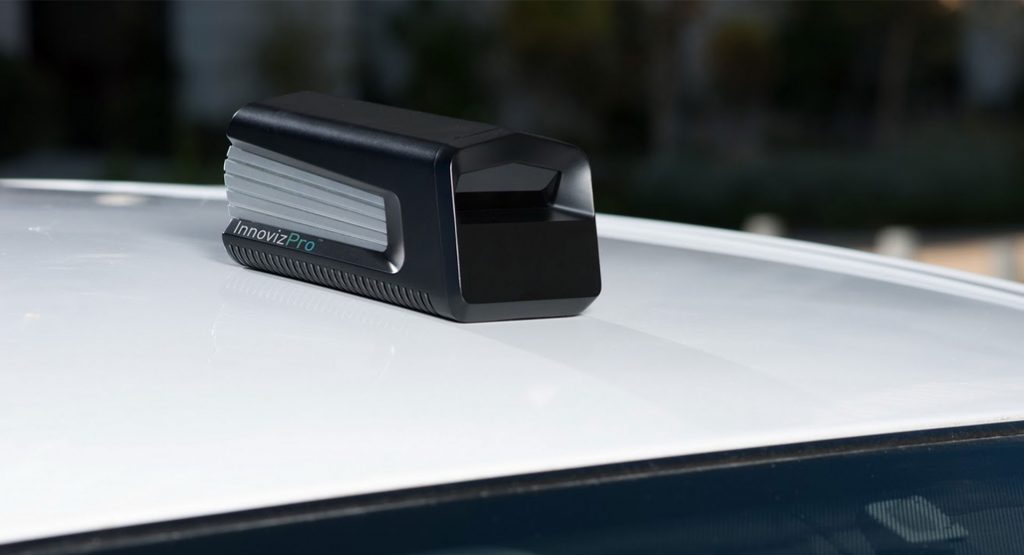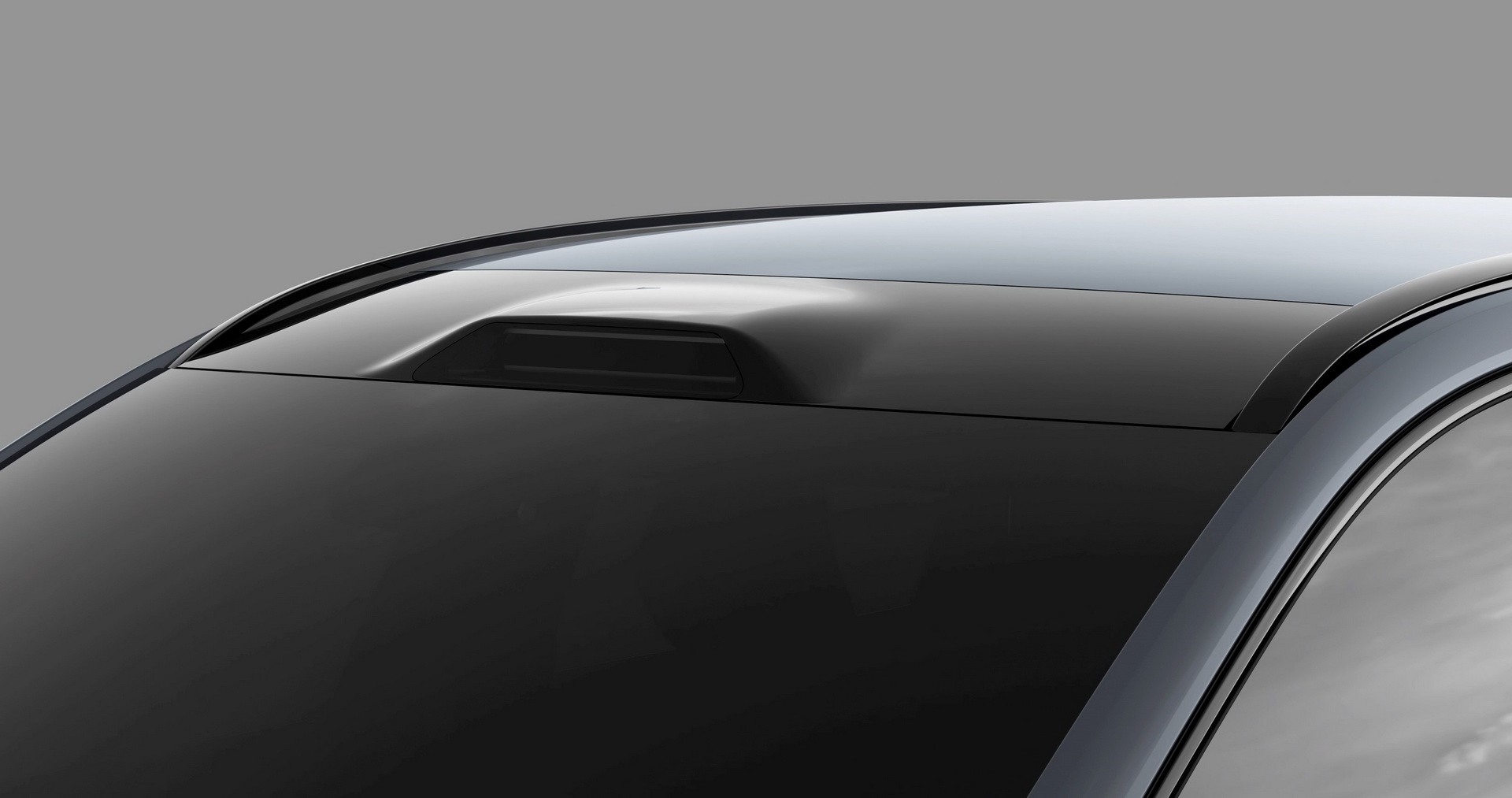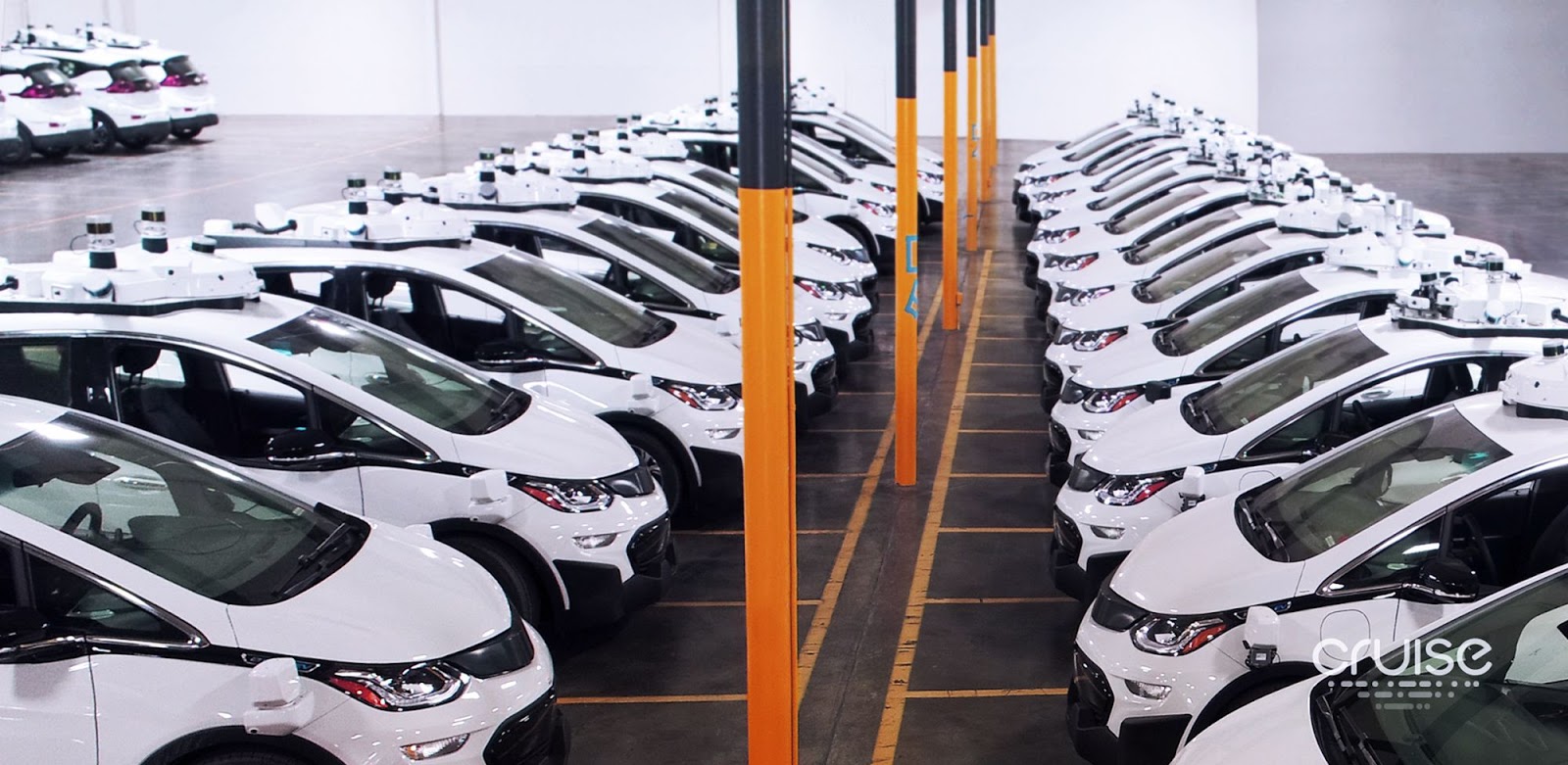An increasing number of car manufacturers are installing advanced lidar sensors on their vehicles as they develop more advanced driver assistance systems. This comes despite Elon Musk’s steadfast belief that lidar sensors are not needed.
Lidar sensors send out laser pulses and measure the time it takes for these pulses to bounce off an object and return. They then create a complex three-dimensional map of the surrounding area and are thought by many in the automotive space to be necessary to achieve full autonomy. It’s, therefore, little surprise that a growing number of brands are using them, even if they are currently only used to aid simpler lane-keeping assistance systems.
Read Also: Mercedes-Benz Purchases Small Stake In LiDAR Company Luminar
A study from BloombergNEF reveals that 17 car manufacturers have announced plans to use or are currently using lidar sensors across 21 different models. This excludes the likes of mobility companies Waymo and Cruise that are already using lidar for their self-driving passenger vehicles.
Mercedes-Benz made an important move into the space in January when it announced plans to purchase 1.5 million shares of self-driving hardware and lidar expert Luminar. The German automaker already uses lidar in the 2021 S-Class and will deploy the technology across a host of other models in the future.
Rival BMW joined forces with Innoviz Technologies in early 2018 and will use lidar sensors to achieve Level 4 and Level 5 autonomy. Volvo is also working with Luminar while General Motors will source lidar sensors from Cepton and use them in vehicles with its ‘Ultra Cruise’ system. The Lucid Air has also gone down the lidar route.
Chinese automakers are leading the charge in lidar adoption. No less than 70 per cent of current and upcoming vehicles equipped with lidar sensors are coming from China, in particular from brands including Nio, Xpeng, Li Auto, and SAIC.
Will Tesla soon become the outlier that doesn’t use lidar on its way to full autonomy? Time will tell.





